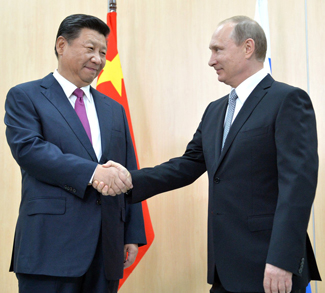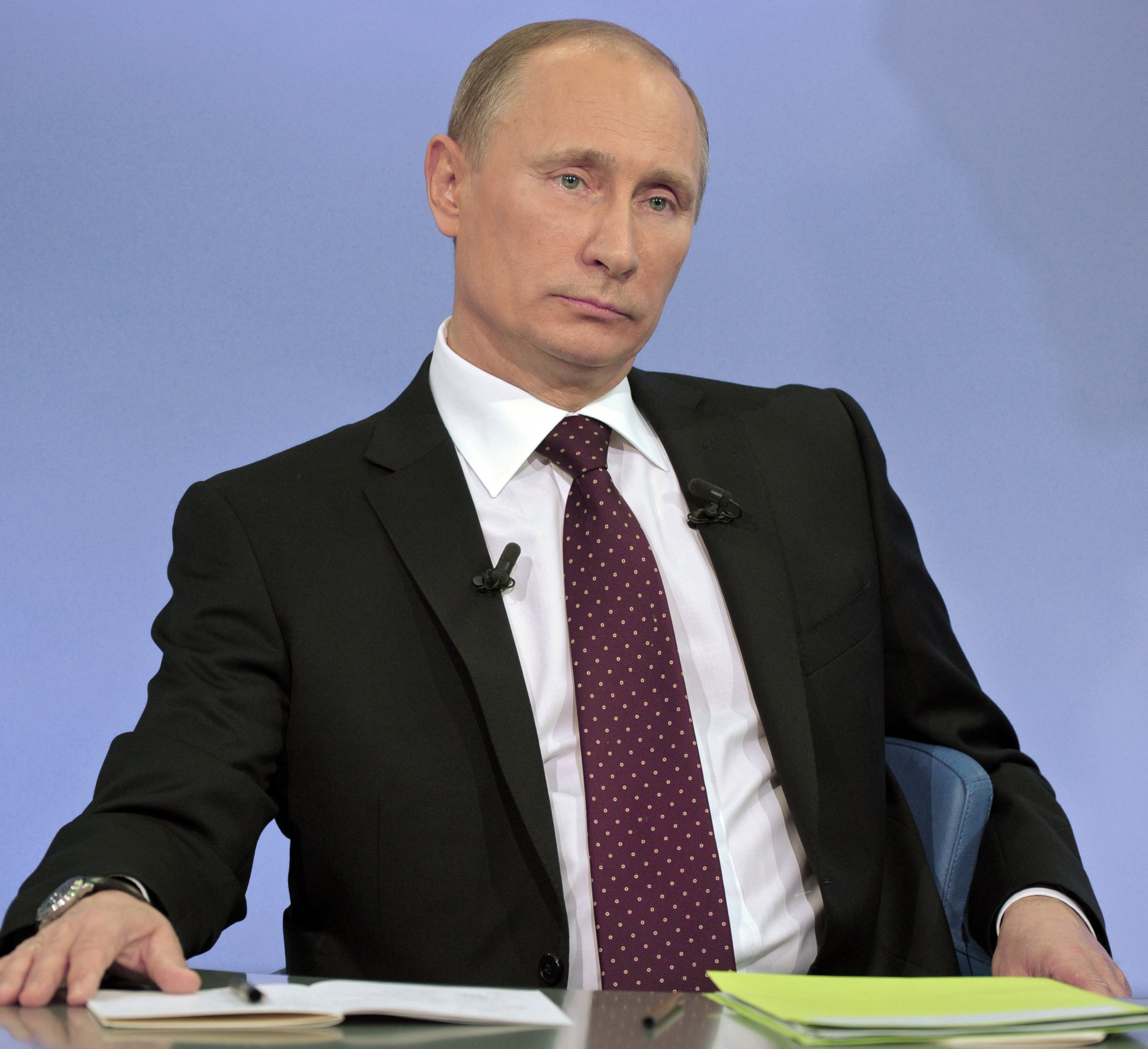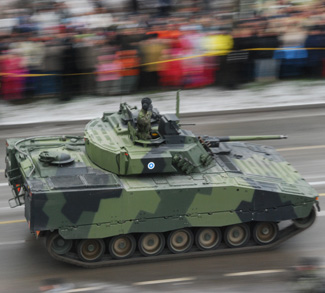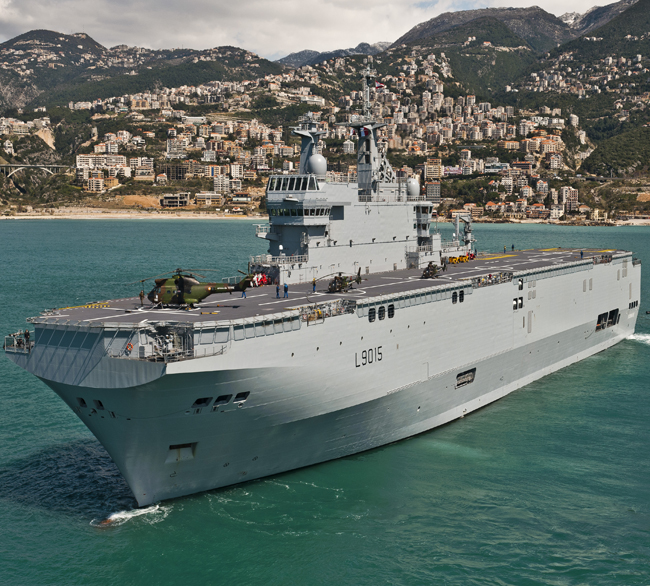At a series of summits earlier this month, the leaders of the BRIC nations met in central Russia, followed by the Asian leaders of the Shanghai Cooperation Organization (SCO) states. Russia and China were the common denominator in both non-Western clubs, major autocratic powers whose interests have coincided in the present international political spectrum more often than not. Since the end of the Cold War security analysts have gone back and forth on the possibility of a formal Russia-China axis emerging. But arguably since the early 1990s, and most certainly since the 2006 formation of the SCO, Russia and China have been exploring informal forms of economic and security cooperation inside an American-defined global system.
Critics have long been dismissive of the notion of a serious anti-Western eastern ‘front’ emerging however. Experts point out the two states have a long history of geopolitical rivalry and that Russia is a declining power whilst China is on the ascent. At most the two have each observed a self-interested beneficial neutrality over the other’s more controversial actions. China has not critiqued Russia over Syria or Ukraine for example, whilst Russia stayed out of the US-Chinese sparring over the South China Sea until very recently. Although China and Russia will now be holding joint naval exercises, Russia’s strongman Vladimir Putin has been openly dismissive of the idea that a formal military alliance with China would benefit Russia, even as his confrontations with Western powers have escalated. For their part, China’s government still officially observes a position of nonalignment and noninterference in the conduct of its foreign policy.




